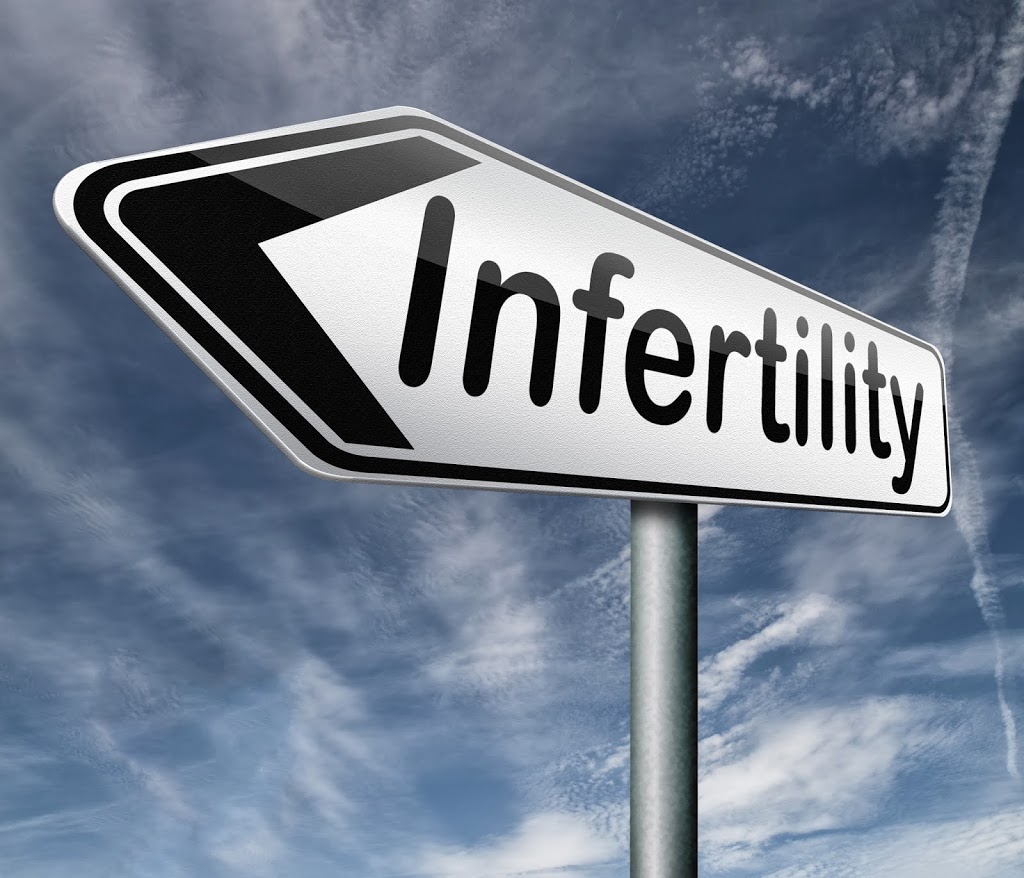March marks Endometriosis Awareness Month and because I write often about infertility, adoption and health I wanted to take this post to tell you about endometriosis. Endometriosis is a painful chronic disease impacting 1 in 10 women. It is linked to infertility and is often difficult to diagnose.

Many readers here know that I have some health issues. I write about Crohn’s Disease sometimes, but until now I have never written about the endometriosis I used to struggle with as well. Despite my frankness with many other issues and topics, talking about periods, menstruation and even some fertility issues, is difficult. But since March is Endometriosis Awareness Month I figured it was time to share.
Irregular periods, for me, were always chalked up to the Crohn’s Disease. Crohn’s is an auto-immune disorder, an incurable disease that can impact the entire digestive tract. Because nutrition is tied to every other body system, when your digestive tract isn’t absorbing nutrients, other systems can start to go. It made sense to me that the Crohn’s impacted my reproductive system. Missing periods, and then extremely heavy periods, were just annoying, until they interfered with conceiving.
In honesty, I didn’t really worry about my fertility or know much about fertility until we started trying to conceive. After a laproscopic procedure that cleared my Fallopian tubes, and several cysts on Ovaries, it became abundantly clear to everyone that endometriosis was involved as well.
What is Endometriosis?
Endometriosis is the growth of endometrial tissue, which lines the uterus during her menstrual period, in other areas of the body. Every woman diagnosed with endo, experiences endometriosis differently. My mother also had endometriosis, which for her, manifested in pain and extremely heavy periods.
In advanced cases of endometriosis, scarring occurs and is linked to infertility. In some cases endometriosis can alter other events necessary for successful conception. Egg maturation, fertilization rates and possible embryo implantation can all be impacted.
Patients should seek diagnosis and find out what the best treatment option is. Infertility treatment often involves surgical removal of the endometriotic tissue, through laproscopic surgery. Laporoscopy and other treatments for endometriosis are covered by B.C’s medical services plan. Unfortunately, despite the fact that IVF is often the best option to help a woman with endometriosis and infertility, IVF is not publicly funded in BC. IVF is also costly and remains inaccessible for a lot of endometriosis sufferers.
A Few Endometriosis Statistics
[tweetthis]DYK March is Endometriosis Awareness Month? #IVF4BC #bcpoli [/tweetthis]
Did you know almost half of all British Columbians have been impacted by infertility? Many BC residents are attuned to the consequences of endometriosis and 41 % know that endometriosis causes infertility, but the vast majority are unaware of the underlying causes of infertility.
IVF4BC is advocating for better awareness of infertility and public funding for IVF.
I am community manager for IVF4BC which means I am paid. My opinion is all my own. Please follow the conversation at http://www.twitter.com/ivf4bc/